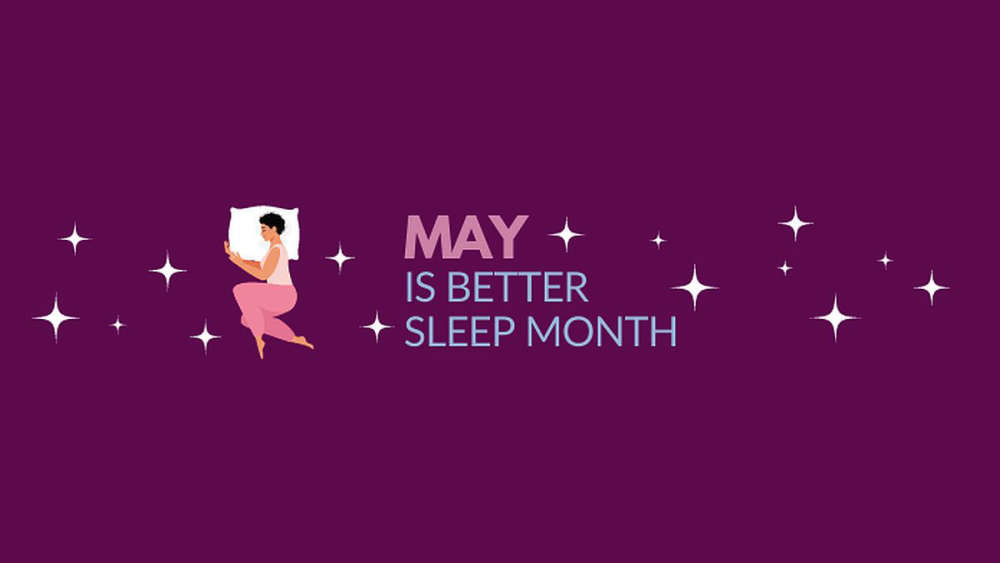
As part of Better Sleep Month, Lutheran Hospital sleep technicians are emphasizing the critical role quality sleep can have in overall health and the prevention of chronic disease.
In 2020, 14.5% of adults reported trouble falling asleep most days or every day, while over 17% experienced difficulty staying asleep, according to the Centers for Disease Control and Prevention.
Molly Mengerink, lead sleep technician at Lutheran Hospital’s Sleep Center, says sleep has changed so much over the years, and we have much more information now. Sleep studies can help give you that data and can even be taken home to your own space.
“It is a painless process, everything is superficial, we don’t put anything in you, it’s all on your skin, so sometimes that alleviates a lot of concern,” said Mengerink. “We have people who go through our center and say, ‘I didn’t know I could feel like this, or I didn’t know I was that tired.’ Those stories have an impact on our office.
According to the CDC, adults aged 18 and over should aim for at least 7 hours of sleep per night. Recommendations for Better Sleep:
● Maintain a consistent sleep schedule: Go to bed and wake up at the same time each day, including weekends.
● Create a restful environment: Keep your bedroom quiet, dark, and at a comfortable temperature
● Limit exposure to screens: Remove electronic devices such as TVs, computers, and smartphones from the bedroom.
● Avoid stimulants before bedtime: Steer clear of caffeine (tea or soda) and alcohol leading up to bedtime
● Engage in regular physical activity: Incorporate exercise into your daily routine, but avoid rigorous activities close to bedtime
We have to turn off our phones, that is the number one thing that will affect your sleep,” said Mengerink. “We as adults don’t budget sleep time into our day, and it’s something you need to plan for and protect.”
“Men tend to have more apnea than women, so they already start at a little higher risk,” explains Mengerink. “Snoring can also be an indicator of something else going on whether you see that in your spouse or children, mouth-breathing shouldn’t be considered normal.”
Insufficient sleep is linked to a range of adverse health outcomes, including increased risks of obesity, diabetes, hypertension, heart disease, stroke, anxiety, and depression.
For more information on better sleep or how to sign up for a sleep study, visit https://www.lutheranhospital.com/sleep-care


 State committee approves IDOC mail rule
State committee approves IDOC mail rule
 Information sought in Lawrence County man's death
Information sought in Lawrence County man's death
 U.S. Rep. Yakym’s bipartisan BARCODE Efficiency Act Advances
U.S. Rep. Yakym’s bipartisan BARCODE Efficiency Act Advances
 Thacker joins IHA Board of Directors
Thacker joins IHA Board of Directors
 St Francisville City Council moves on water tower project
St Francisville City Council moves on water tower project
 Miss Lawrence County heads to Springfield
Miss Lawrence County heads to Springfield
 New hanger planned at Mid-American Air Center
New hanger planned at Mid-American Air Center
 Two agreements approved by Vincennes Board of Works and Safety
Two agreements approved by Vincennes Board of Works and Safety
 Two arrests made by Lawrence County authorities
Two arrests made by Lawrence County authorities
 Deadline approaching for blind, disabled Hoosiers and seniors to receive property tax credits
Deadline approaching for blind, disabled Hoosiers and seniors to receive property tax credits
 Bridgeport Senior Center to close this week
Bridgeport Senior Center to close this week
 Lawrence County Farm Bureau to host annual meeting
Lawrence County Farm Bureau to host annual meeting
 Two Bridgeport residents in custody
Two Bridgeport residents in custody
 One Night, One Cause: Indiana FFA needs your support for their ‘Blue and Gold Gala’
One Night, One Cause: Indiana FFA needs your support for their ‘Blue and Gold Gala’
 Gov. Braun secures National Drone Test Site Designation for Indiana
Gov. Braun secures National Drone Test Site Designation for Indiana
 ISP with Human Trafficking Awareness Initiative this week
ISP with Human Trafficking Awareness Initiative this week
 GSH implements masking restriction
GSH implements masking restriction
 Lawrenceville spends money on water well field
Lawrenceville spends money on water well field
 Neal stepping down as KC Chamber president
Neal stepping down as KC Chamber president
 Southern Illinois 2025 tornado data released
Southern Illinois 2025 tornado data released




